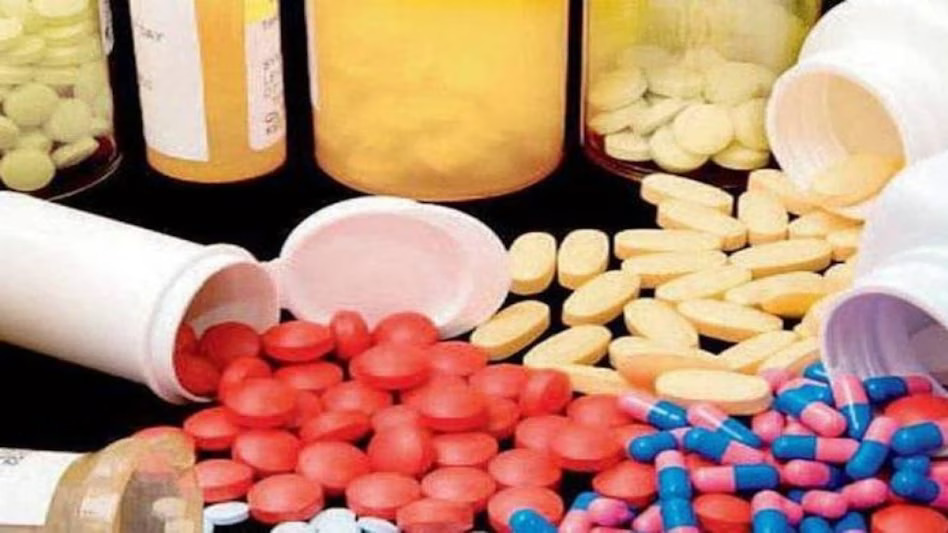
Report assessed the efforts of major generic and biosimilar medicine manufacturers like Hikma, Teva Viatris, Cipla, and Sun Pharma in expanding access to their essential products in low- and middle-income countries
Indian pharmaceutical companies like Cipla and Sun Pharma can boost their global role by improving product registration, refining access strategies, and considering user-friendly pricing, according to a report by the Access to Medicine Foundation’s Generic and Biosimilar Medicines Programme.
Funded by the UK Foreign, Commonwealth, and Development Office, the Dutch Ministry of Foreign Affairs, the Leona M. and Harry B. Helmsley Charitable Trust, and AXA Investment Managers, the report said that strengthening supply chains, local manufacturing, and adaptive research and development (R&D) endeavours present encouraging avenues to guarantee and secure access to vital medications in low- and middle-income countries (LMICs).
The report assessed the efforts of five major generic and biosimilar medicine manufacturers Hikma, Teva Viatris, India’s Cipla, and Sun Pharma, in expanding access to their essential products in LMICs. These Indian companies were selected for their size, influence, and significant involvement in global health.
Cipla and Sun Pharma, two of the major Indian companies assessed, collectively have a wide portfolio of essential medicines. Of the 102 products identified as priorities for expanding access in LMICs, 90% are part of the portfolios of at least one of these Indian companies.
Generics are equivalent, cost-effective pharmaceutical drugs produced after the expiration of patent protection for brand-name medications. Biosimilars are highly similar and cost-effective versions of biologic medicines, resembling the original products but produced by different manufacturers once patents expire.
The report highlighted that generic and biosimilar medicines are vital lifelines in LMICs, offering cost-effective alternatives to originator medicines. However, their mere availability does not guarantee widespread access, often leaving patients in LMICs without essential treatments, resulting in unnecessary suffering and premature loss of life, the report noted.
“When it comes to expanding access to medicine, the power of the generics industry is often underestimated. It’s more than the transactional relationship of selling drugs at volume and competing on prices,” said Jayasree K Iyer, Chief Executive Officer, Access to Medicine Foundation.
“Companies must engage with the unmet medical need globally—for example, by working with local manufacturers to improve supply, by taking steps to safeguard quality, by making their essential products available in more countries, and by addressing affordability for the poorest patients,” said Iyer.
These companies have a well-established presence in LMICs, with sales operations in 89 out of the 108 countries considered. Their strategic positioning enables them to effectively cater to these markets and ensure wider access to their products for more people in these countries, according to the report. The report acknowledged the regulatory challenges in LMICs and highlighted the potential for Indian pharmaceutical companies to register more essential products in their portfolios in additional countries.
This would contribute to greater affordability and availability for patients. While these companies use access strategies to expand access to their products, there is room for improvement, especially in considering affordability for low-income and vulnerable populations, it said.
“Although there are standout examples of action, clear opportunities also exist for companies to ramp up their efforts and to work closely with local implementers, governments, and global health organisations to continue to break down barriers for the millions who either lack adequate access or are forced to go without the medicines they need,” said Claudia Martínez, Research Programme Manager, Generic & Biosimilar Medicines Programme.